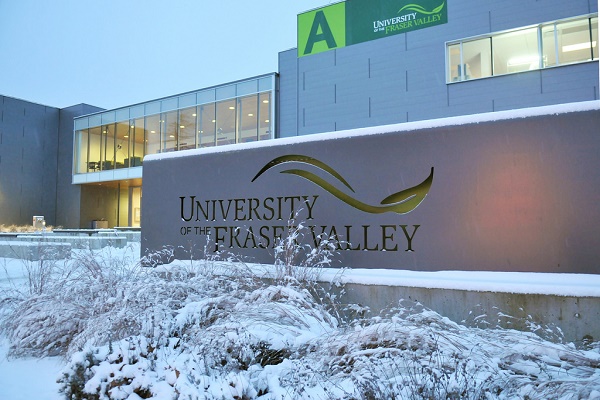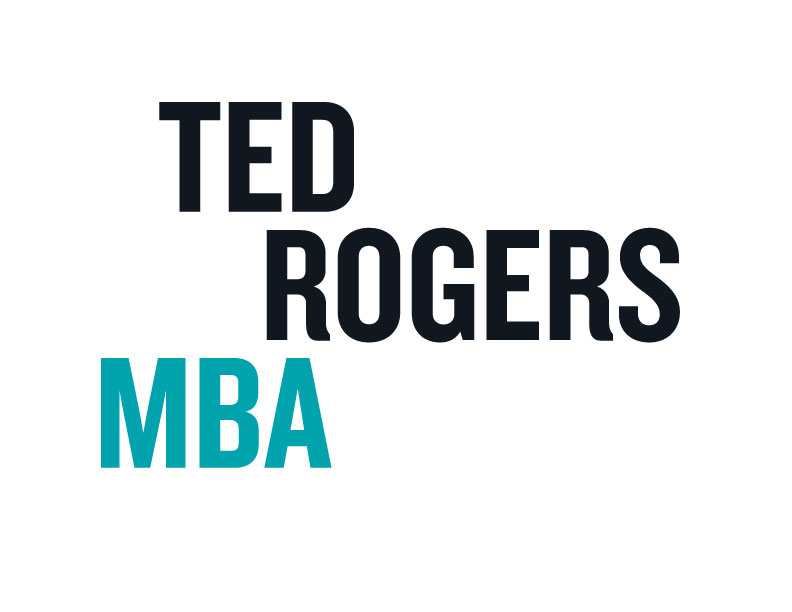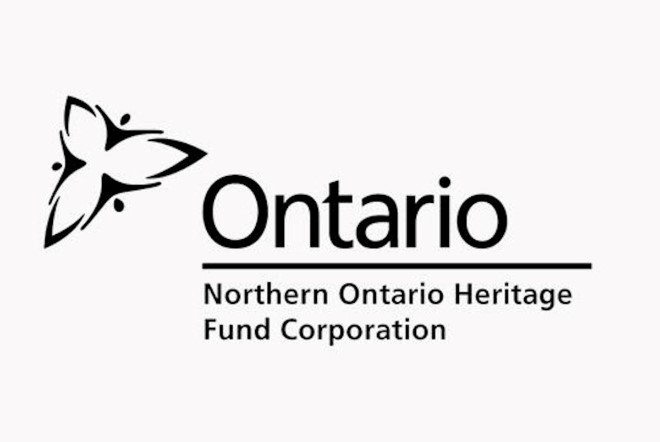Simon Fraser University is a comprehensive public research university located in British Columbia, Canada.
SFU is a prominent university with three campuses and a large student body. It has over 30,000 undergraduate students, 5,700 graduate students, and post-doctoral fellows, along with a vast alumni network of over 160,000 individuals.
The university boasts a distinguished faculty of over 1,000 tenure-track professors. SFU is recognized for its strategic vision, which emphasizes being an engaged institution that combines innovative education, advanced research, and extensive community involvement. The university also has a significant number of international students and maintains global connections for research and program collaborations.
The university values excellence both in academics and beyond classroom work that is shown through past performance or extracurricular activities such as leadership roles; community service participation among other factors. In addition to providing initial scholarships for first-year students entering SFU. The University recognizes academic excellence with continued support for returning students who are completing further coursework through internal funding opportunities based on factors like maintaining a minimum GPA, and continued participation in extracurricular activities amongst others. Furthermore. Faculties and departments within SFU offer unique scholarship options depending on the student’s interest in discipline-specific studies which are tailored towards research potential or curricula criteria unique to each class of study.
Scholarship Description:
- Host University: Simon Fraser University;
- Host Country: Canada;
- Study Level: Masters and Bachelors level;
- Scholarship Type: Partial Funding;
- Scholarship Worth: Check the details below
- Eligible Countries: International Students;
- Subjects Available: All Subjects;
- Application Deadline: September 13th, 2023
As a reputed educational institution, Simon Fraser University (SFU) recognizes and values the achievements of bright motivated students. Therefore, the university offers multiple scholarships to provide them with the financial assistance they need to pursue their passion for learning and reach their full potential. The University’s scholarships cover both undergraduate and graduate level programs offered across various disciplines like arts, social sciences business communication engineering health sciences among others.
Scholarship Benefits:
- Financial Support: Scholarships provide financial assistance to students, typically in the form of a monetary award. This can help cover tuition fees, textbooks, living expenses, and other educational costs. The scholarship amount can vary widely, ranging from a few hundred dollars to full-tuition coverage or even more. Reduced – –
- Financial Burden: Scholarships help reduce the financial burden on students and their families. By providing financial support, scholarships can alleviate the need for students to take on excessive student loans or work long hours to cover expenses, allowing them to focus more on their studies and extracurricular activities.
- Academic Support: In addition to financial assistance, scholarships often come with academic support services. This may include access to research facilities, academic advisors, or specialized resources that can help students excel in their studies.
- Personal and Professional Development: Scholarships can support a student’s personal and professional growth by providing resources for conferences, workshops, or training programs. These opportunities can enhance their skills, expand their knowledge, and contribute to their long-term career prospects.
Eligibility Requirements:
- In order to qualify for scholarships at SFU, certain conditions must be satisfied. Firstly, the applicant must have successfully completed a minimum of 12 units of standard- graded courses at SFU. Secondly, during the application term, they must be enrolled in at least 12 units of standard-graded courses at SFU. Additionally, a minimum cumulative grade point average (CGPA) of 3.50 at SFU is required. It is important to note that courses taken on a challenge, audit, or credit-free basis are not considered eligible. Furthermore, enrolling in a Co-op term (3 units) does not fulfill the enrollment requirement since it is not considered a standard graded course.
- Students with disabilities can apply for scholarships if they are enrolled in a minimum of 6 or more units of standard graded courses, provided they meet all other eligibility requirements. In this case, they must submit a letter from SFU’s Centre for Accessible Learning (CAL) as confirmation of their registration with the Centre.
- Students who have received an SFU entrance award are eligible to apply for all other University administered scholarships. However, if a student has received an SFU entrance scholarship, they are not eligible for any other University administered scholarship until the entrance scholarship has been fully paid out. This policy applies to any term in which the entrance scholarship is deferred.
- Certain financial aid options are exclusively available for Indigenous students. The term “Indigenous” specifically encompasses First Nations, Métis, and Inuit peoples as recognized within Canada.
- It is important to note that the eligibility requirements for scholarships can vary, and it is crucial to carefully review the specific criteria and guidelines provided for each scholarship at SFU.
Supporting Documents:
- Academic Transcripts: Official or unofficial copies of your academic transcripts from high school or post-secondary institutions you have attended.
- Letters of Recommendation: These are typically written by professors, teachers, or other individuals who can speak to your academic abilities, character, leadership skills, or involvement in extracurricular activities.
- Resume or Curriculum Vitae: A well-prepared resume or CV provides an overview of your academic achievements, work experience, extracurricular activities, volunteer work, leadership roles, and other relevant information.
Admissions Requirements:
Bachelor’s Admissions Requirements:
- High School Diploma: You must have completed a recognized high school diploma or its equivalent.
- English Language Proficiency: If English is not your first language, you will need to demonstrate English language proficiency by providing scores from accepted tests such as TOEFL or IELTS.
- Grade Point Average (GPA): SFU considers your academic performance in high school. The minimum GPA requirement can vary by program and competition.
- Program-Specific Requirements: Certain programs may have additional requirements, such as specific courses or prerequisites, portfolio submissions, or auditions for programs in the arts.
- Supporting Documents: You may need to submit supporting documents such as official transcripts, letters of recommendation, and a personal statement or essay. Check the program-specific requirements for details.
Master’s Level
- Bachelor’s Degree: You must have completed a four-year undergraduate degree or its equivalent from a recognized institution.
- English Language Proficiency: Similar to undergraduate admissions, if English is not your first language, you may need to demonstrate English language proficiency through tests like TOEFL or IELTS.
- Minimum GPA: Graduate programs often require a minimum GPA for admission. The specific GPA requirement may vary depending on the program.
- Program-Specific Requirements: Each graduate program may have specific requirements, such as prerequisite courses, a statement of interest, a resume or CV, and letters of recommendation. Check the program’s website or contact the department for detailed information.
- Standardized Tests: Some graduate programs may require standardized test scores, such as the GRE (Graduate Record Examination) or GMAT (Graduate Management Admission Test). Check the program requirements for details.
Official website:
For more information visit the official website: “https://www.sfu.ca/students/financialaid/undergrad/scholarships.html“





